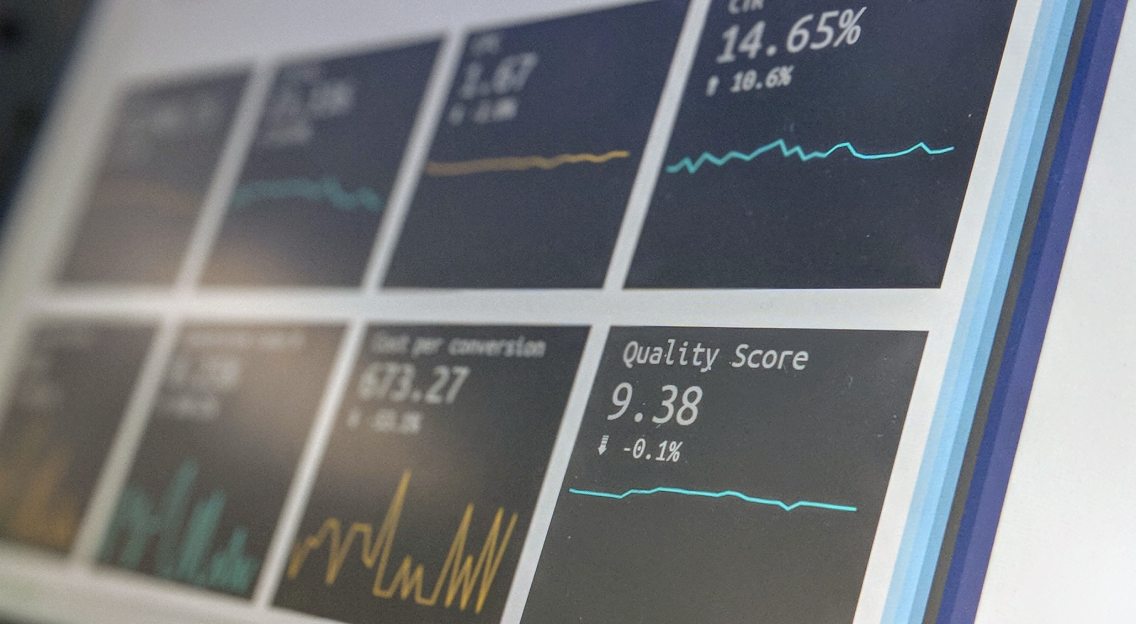Jin Dao Tai, founder of LCMS Traders and ForexBriefcase, shows us ways to recession-proof our lives
Before COVID-19, global stock markets were on an extended bull run and at historic highs. However, as governments started shutting down economies worldwide to curb the spread of the pandemic, analysts began to predict a resulting recession instead.
Following these recessionary alarm bells, markets crumbled almost instantaneously, retracing the record highs and dropping below 2019 lows. This huge correction initially acted as a wake-up call, as many feared irreversible damage amidst a double whammy – a pandemic and a recession. Fortunately, markets have bounced back, exhibiting sharp recovery which has not only surprised investors, but has also eased the initial economic worry.
With the volatility of the current market, a global recession is still on the cards – the bad news is it could even be a year or two away. Rather than use the economic downturn as an easy excuse for poor performance, the best course of action would be to prepare for the recovery and use the significant changes to your advantage. After all, more millionaires were created during recessions compared to any other time. Here are five ways to profit from an economic downturn.

Rebalance your investment portfolio to protect your capital
The first thing you would want to avoid during a short-term economic downturn is to create long-term damage to your net worth. Many mismanaged portfolios are hit hard by an unexpected market drop.
As the economic uncertainty increases, the number one priority for anyone would be to check and rebalance their current portfolio. Well-diversified portfolios with risk management applied across all categories are likely to remain more resilient and experience smaller dips compared to the larger market.
A properly calibrated asset allocation portfolio should be based on the investor’s overall risk tolerance. Being more risk-averse — allocating 80 per cent to safe assets and 20 per cent to riskier ventures — would give you the ability to not only avoid financial disaster in extremely volatile times, but also be well-placed to benefit from ‘hidden bulls’. In other words, if the markets drop, your principal is safer, and you get to buy shares at a lower average cost.
Learn a new skill
Experts say the global economy is likely to operate in a ‘new normal’ following this pandemic. Even before COVID-19, the gig economy had already been transforming the job market, with more skilled workers hired on project bases.
This highlights the need to plan for a more independent and secure future. Be it for personal interest, a sideline job or keeping yourself employable, I would like to recommend acquiring skills that help you build digital assets in the form of an audience, newsletter, social media page, website or app.
You will need to find ways to achieve a strategic advantage and position yourself for the economic recovery. Those who prepare for hard times can actually benefit from them when these hard times arrive. If you invest in new skills during a recession, you will almost always emerge stronger than most.


Trade for cash flow
In a recessionary environment, cash flow is king. During an extended period of uncertainty, people are likely to experience a drop in their income levels, or in a worst case scenario, the total loss of their income. Therefore, it is important to have an alternative source of positive cash flow (in trading) to build your capital (in investments).
For this, trading in the foreign exchange (forex) market is very attractive. A strategy of accumulating small but frequent gains may not only help you recover from a potential loss of income, but also create extra cash for an investment capital.
Another benefit of the forex market is that it is easy to start. With just S$500, you can start a trading account. While managing your own expectations and building upon the trading skillset, you will be able to quickly scale up both the capital and returns from a forex account.
Invest in the future market
Increased inflation usually follows a recession. It is important to not only have a source of cash flow, but also have investment options which will be able to combat inflation in the long term. Bonds and gold, or assets which are not highly correlated with typical stocks are popular options, and likely to rise in times of economic uncertainty.
At the same time, use a dollar-cost averaging strategy. What this means is to divide your total investment sum equally, and put each equal portion into stocks as prices are dropping. This lowers the total average cost of your shares, which may boost returns in the long run. Of course, most investors would prefer to buy stocks at the lowest price possible, but timing the market is a difficult task.
Trying to time the market is more likely to lead to lower returns than selecting a sound and diversified asset allocation and staying the course. Therefore, the best way to handle a market decline is to understand your risk tolerance and understand that you will be investing for the longer term, into and through the recovery.

Invest in undervalued real estate
No real estate is totally immune to a recession, but it is one of the best recession-protected asset class. Real estate, in general, is less volatile during economic downturns, which is one of the general benefits of investing in real estate. While all types of investments bear a certain degree of risk, residential real estate bears the least.
This is because there will always be demand for real estate. Therefore, while other types of investments usually take a big hit during a recession, real estate is likely to receive lesser impact. However, prices are still likely to drop slightly. This is attractive to investors looking to turn depressed market conditions into buying opportunities.






